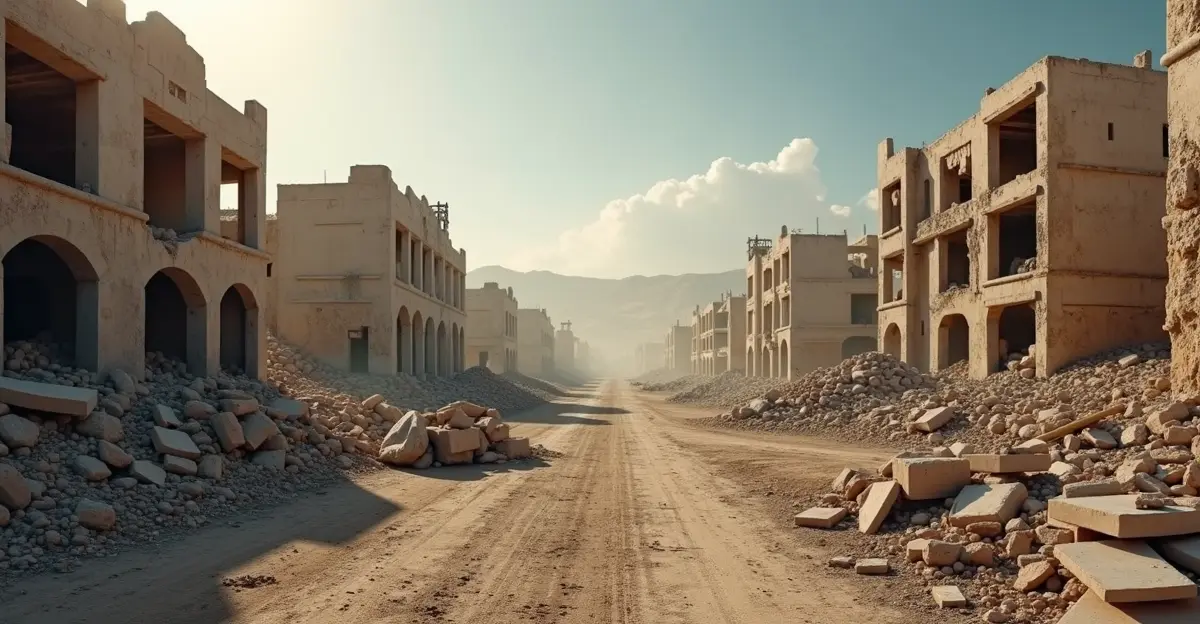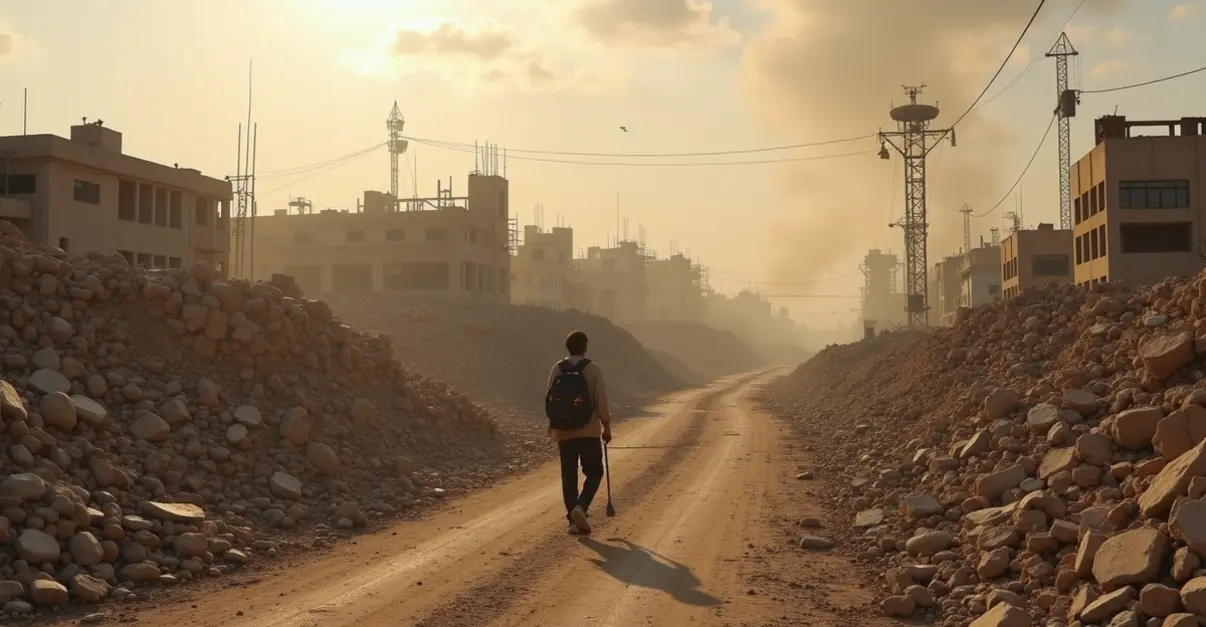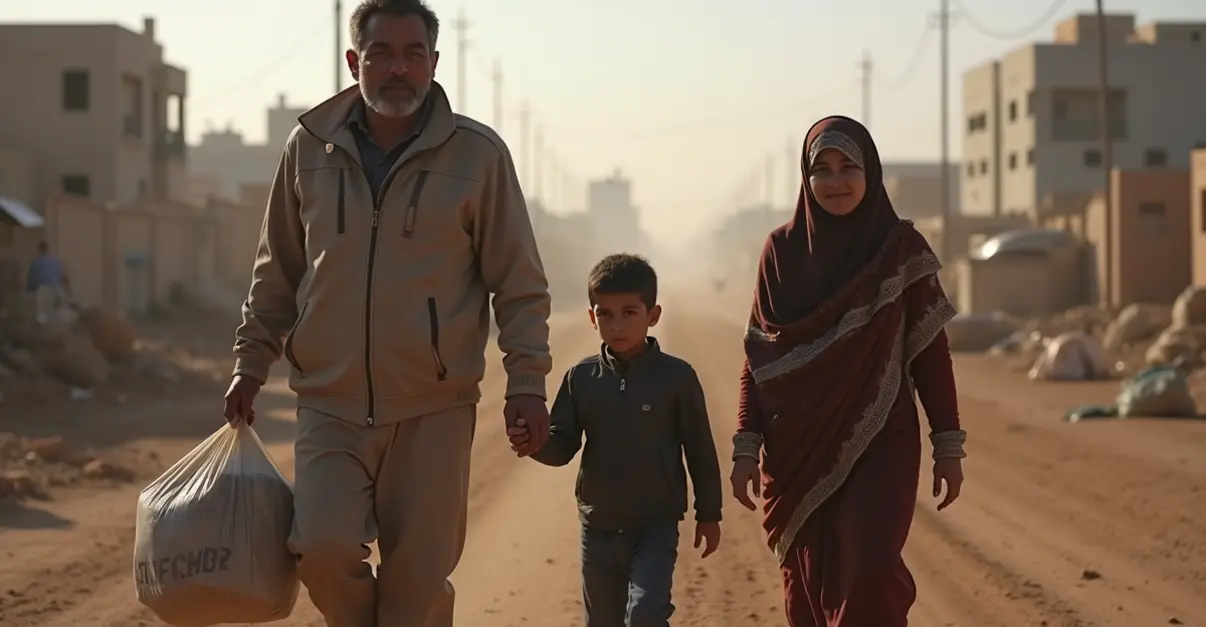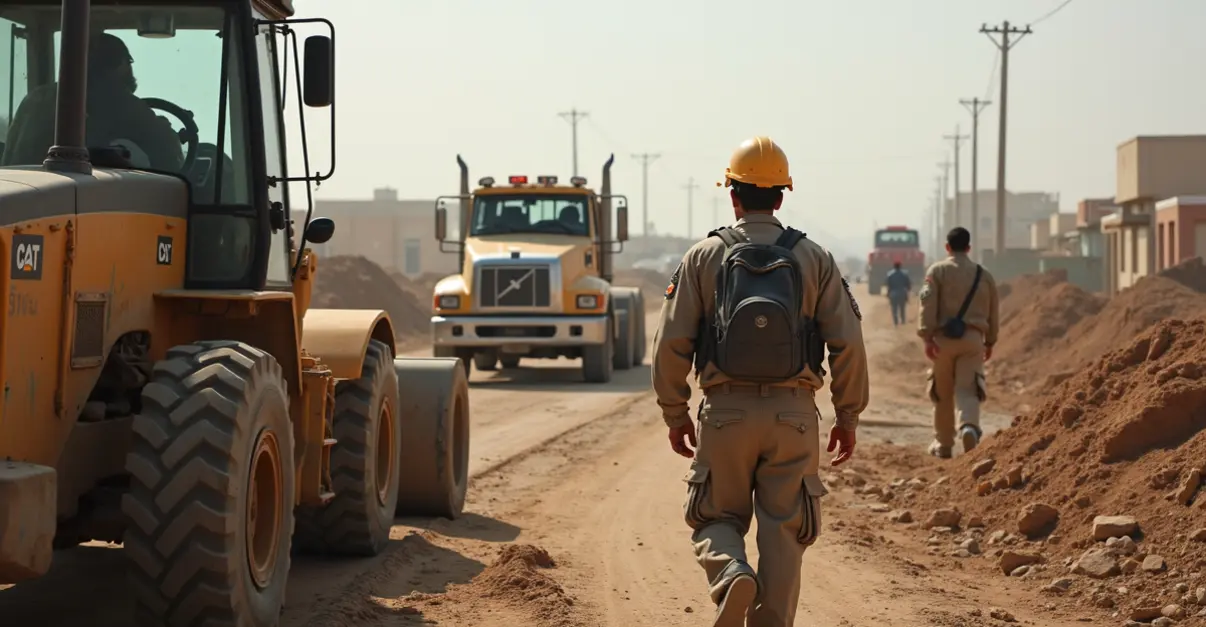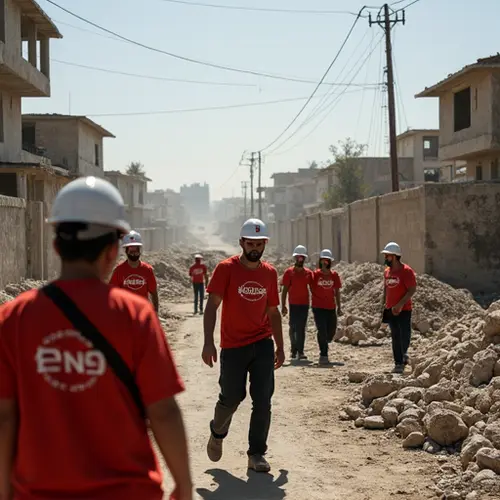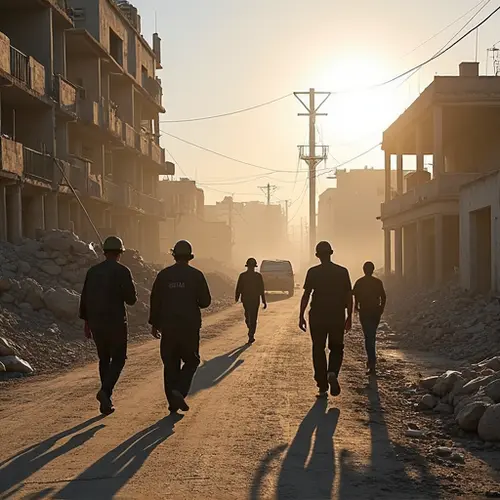The Massive Reconstruction Challenge
The United Nations estimates that rebuilding Gaza after two years of devastating conflict will require approximately $70 billion - one of the largest post-conflict reconstruction efforts in modern history. According to the latest UN assessment, 84% of Gaza has been destroyed, with some areas like Gaza City experiencing up to 92% destruction. The scale of devastation is unprecedented, with experts noting there is 'no modern comparison' for the level of destruction witnessed in the Gaza Strip.
International Funding Commitments
Multiple nations have stepped forward with significant pledges to fund Gaza's reconstruction. As reported by Reuters, the United Nations announced in October 2025 that multiple states have expressed willingness to contribute to the massive rebuilding effort. European nations, Canada, the United States, and Arab states including UAE, Qatar, and Saudi Arabia have indicated their readiness to participate in funding the reconstruction. However, as one diplomat noted, 'The pledges are there, but the coordination and implementation remain the real challenge'.
Logistical Nightmares
The reconstruction faces enormous logistical hurdles. The conflict has generated approximately 55 million tonnes of rubble - equivalent to 13 times the mass of the pyramids of Giza. The UN Development Programme has already cleared 81,000 tonnes of debris, but this represents only a fraction of what needs to be removed. 'Everywhere you look, there is a pile of trash,' said UNRWA spokeswoman Louise Wateridge, describing the landscape of destruction.
Infrastructure Collapse
Gaza's civil infrastructure has completely collapsed. According to Wikipedia analysis, sewage treatment, waste disposal, water management, and fuel supplies have all been destroyed. Water pollution has reached crisis levels, with 130,000 cubic metres of sewage being discharged into the sea daily due to destroyed treatment facilities. Groundwater has been contaminated by toxins and munitions, while agricultural land has been systematically destroyed - with 38% of Gaza's farms and orchards completely uprooted by military operations.
Donor Coordination Efforts
Egypt is taking a leading role in coordinating international efforts, with plans to host a major reconstruction conference in November 2025. As reported by Egypt Forward, President Abdel Fattah El-Sisi has announced the conference and tasked the prime minister with creating a national mechanism for collecting citizen contributions. Germany has expressed interest in co-hosting alongside Egypt, while the UN will also participate in coordinating the international response.
Political Complications
The reconstruction faces significant political obstacles. Many donor nations, particularly Gulf states, have signaled they won't fund reconstruction without progress toward Palestinian statehood. The European Union has expressed willingness to contribute but seeks clarity on governance arrangements before committing substantial funding. As one European diplomat explained, 'We need to know who will be responsible for managing these funds and ensuring they're used effectively'.
Humanitarian Crisis Continues
Despite the ceasefire agreement, humanitarian conditions remain dire. According to UN OCHA reports, 77% of food aid delivered in recent months was looted or offloaded by hungry crowds, preventing targeted distributions. Nutrition screening shows alarming rates with 13.5% of children diagnosed with acute malnutrition, reaching 19% in Gaza City. The severity has worsened with 23% of malnourished children suffering from the most severe form.
The Road Ahead
Experts warn that rebuilding Gaza will take decades, not years. The immediate priority is clearing debris and removing unexploded ordnance, followed by restoring basic services like water and electricity. The head of the UN Mine Action Programme has emphasized that recycling infrastructure will be crucial to reconstruction, though the program currently has only $5 million in funding. As reconstruction planning moves forward, the international community faces the dual challenge of addressing immediate humanitarian needs while planning for long-term recovery in one of the most devastated regions in recent memory.

 Nederlands
Nederlands
 English
English
 Deutsch
Deutsch
 Français
Français
 Español
Español
 Português
Português
